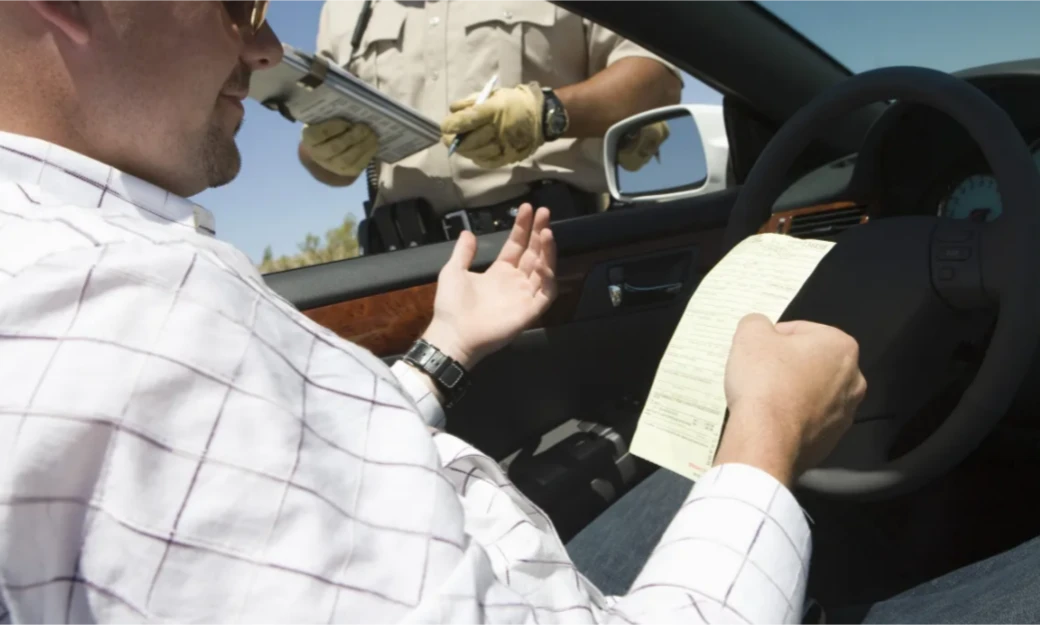In the state of California, as in other states, drivers can receive fines of various kinds that will depend on the offenses they have committed.
In California, drivers who are pulled over for violations may be fined depending on the nature and severity of the offense. Simply put, based on the rules imposed by the Department of Motor Vehicles (DMV), the authorities determine the amount of the financial penalty that may or may not be accompanied by other penalties. In this sense, they issue a ticket that the driver receives with all the details to respond and be free of the corresponding financial responsibility. The driver will sign it and with that signature he declares his commitment to appear before the court that handles his case
As in other states, drivers in California who receive traffic tickets can agree to pay them or request a hearing to plead not guilty. If they choose to be innocent. during their hearing they must demonstrate with evidence that the sanction was imposed unfairly.
What is the cost of the main fines in California?
Because they depend on several factors, traffic tickets in California can be of various types, each of which is associated with a base fee that may or may not vary due to other penalties or additional fees that arise during the process.
According to the California DMV, the most common fines in the state—with their respective current rates—are the following:
1. Evading a police officer – If a person ignores or runs away from a police officer who has stopped them, they can be fined $2,000 or a maximum of $10,000. At the same time you could receive, as a sentence, imprisonment in a state prison for 3, 5, 7 years or in a county jail for a maximum of one year. Some cases require both sanctions.
2. Reckless, Distracted or Reckless Driving – Drivers who tend to disregard signs and engage in reckless acts behind the wheel can be fined from $200 to $1,000. This fine may be substituted for or accompanied by imprisonment and may be worse if the driver caused injuries as a responsible party in an accident.
3. Speeding – Any driver who drives over the posted speed limit (between 1 and 15 mph in excess) can be fined up to $250. When the excess is greater (16 and 25 mph), the fines can reach $380. If the excess is more than 26 mph over the speed limit, the fine can be up to $500.
4. License Suspended – People who have had a license suspended or revoked and still dare to drive can be fined up to $1,000. This fine could be accompanied by other penalties such as imprisonment.
5. Driving Under the Influence of Drugs or Alcohol (DUI or DWI) – Drivers who commit this offense can pay fines ranging from $390 to $1,000. But in cases where the crime is recurring, the financial penalty can go up to $18,000. In addition to the fine, they must comply with certain additional requirements and commitments.
Through the Negligent Operator Scoring System (NOTS), authorities can assign points—in addition to fines—that accumulate on the driver’s record. These points can be an aggravating factor during an arrest, especially if the authorities normally exceed the following limits:
– 4 points in 12 months.
– 6 points in 24 months.
– 8 points in 36 months.
A driver stopped in California with points on his or her record can receive much harsher penalties, including driver’s license suspension. It is important to keep in mind that these points can remain on his record for a long time and affect his reputation as a driver when applying for auto insurance policies, employment or other paperwork.

